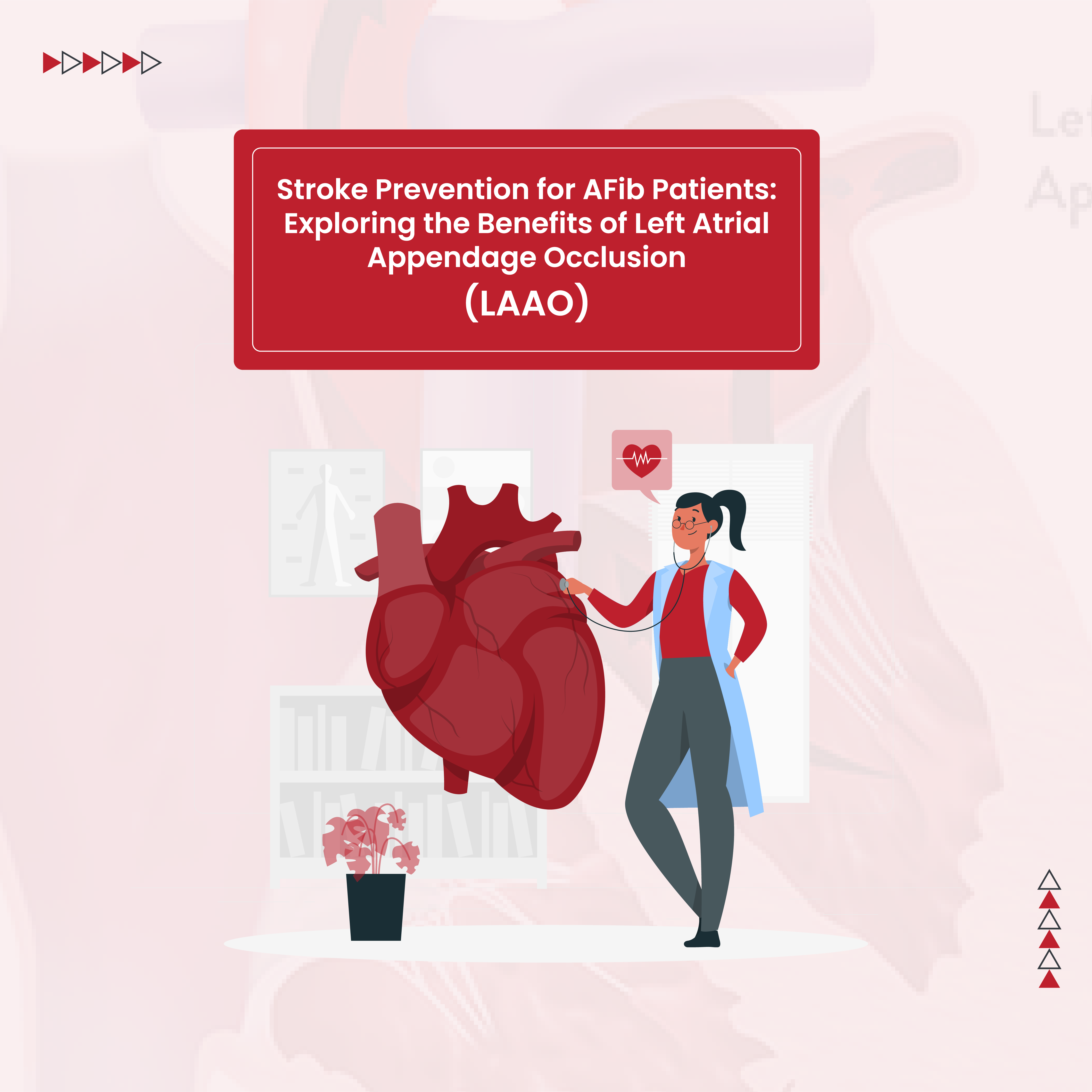
Stroke Prevention for AFib Patients: Exploring the Benefits of Left Atrial Appendage Occlusion (LAAO)
People with atrial fibrillation (AFib) have a 5x increased
Snoring, Sleep Apnea and AFib
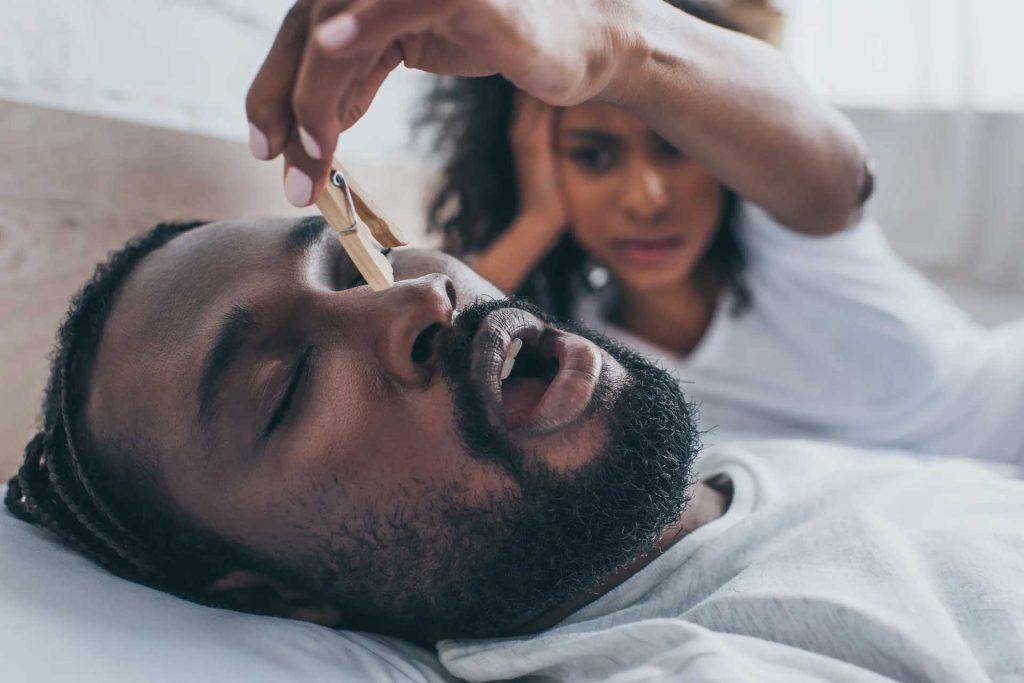
Most people are all too familiar with snoring. In fact, most people regardless of health and fitness will snore from time to time.
But when this snoring becomes consistent, it can correlate to a variety of negative health concerns related to the heart.
What exactly is sleep apnea? While asleep, the soft palate and tongue relax down and back which can temporarily block the upper airway causing breathing pauses. This is known as Obstructive Sleep Apnea (OSA).
As the airway compresses and breathing is reduced, the vibration and noise from snoring becomes louder. Consistent snoring is a strong indicator that you have OSA and should visit your doctor.
Sleep apnea has a close relationship to the likelihood of developing atrial fibrillation (AFib). A meta-analysis of clinical studies in the field shows a four times greater risk of AFib for those with diagnosed sleep apnea. And roughly half of patients diagnosed with AFib also currently have sleep apnea.
Sleep apnea is a direct trigger of arrhythmias, or irregularities in the heart’s rhythm. The oxygen deprivation and pressure changes from sleep apnea bring about inflammation and oxidative stress on the heart that can cause AFib.
Oxidative stress occurs at the cellular level and is harmful to proteins and can cause DNA damage. A strong consensus of researchers suspects that oxidative stress in heart cells may permanently change the cellular makeup of heart cells for the worse. Put simply, this stress may cause the heart cells to become more fibrotic, or stiff.
This unwanted stiffness may cause the activation or continuation of atrial fibrillation.
It is estimated that 50% of people with atrial fibrillation have sleep apnea. The experts at the American College of Cardiology recommend that all people with atrial fibrillation be screened for sleep apnea.
If you have obstructive sleep apnea, a CPAP (continuous positive airway pressure) device may be recommended. The CPAP machine delivers pressurized air, which acts as a splint to hold the airway open, through a hose that attaches to the nose. This helps restore the natural breath cycle so you can sleep well and wake up feeling refreshed.
Adequately treating obstructive sleep apnea can lead to a 50% reduction in the recurrence of atrial fibrillation. This improvement is observed regardless of the type of atrial fibrillation treatment (i.e. medications, ablation, or cardioversion) a person is receiving.
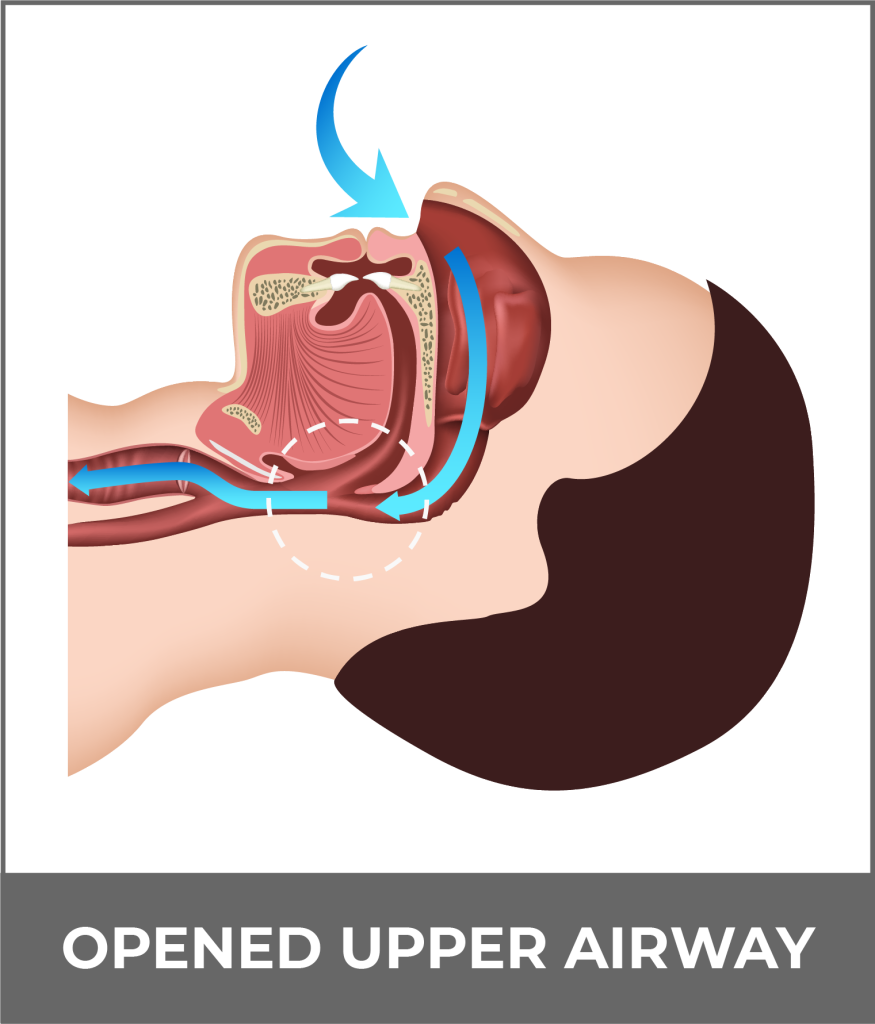
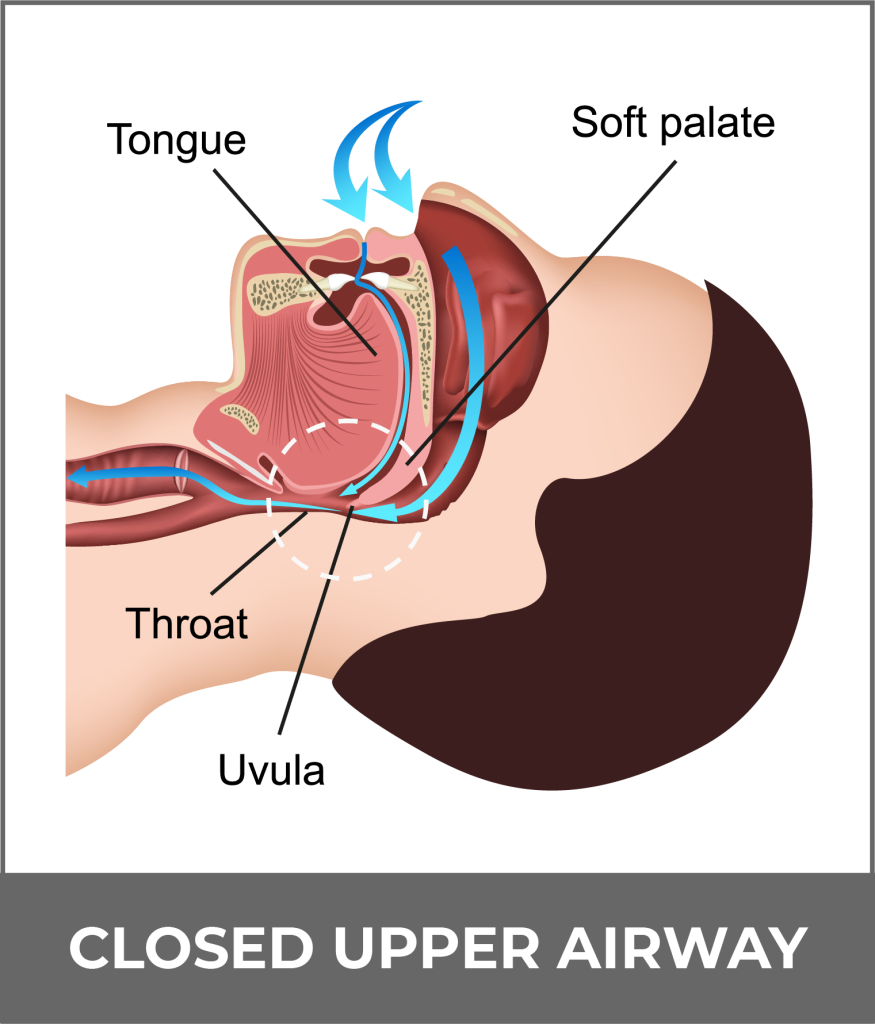
In people with central sleep apnea, the problem is not a blocked airway.
Instead, the brain temporarily stops sending signals to the muscles in the diaphragm and chest that control breathing. Shortly thereafter, falling blood oxygen levels and rising carbon dioxide levels set off an internal alarm that triggers breathing to resume.
Fewer than 1% of people in the general population have central sleep apnea. Among people with OSA, between 5% and 7% also develop central sleep apnea. This is known as Mixed or Complex Sleep Apnea.
Symptoms of central sleep apnea include:
This rare condition tends to be more common in older people with other accompanying health problems, such as a history of heart failure and/or strokes. It is also more prevalent in people living at altitudes greater than 5,000 ft above sea level.
Other possible causes include severe obesity or certain medications such as narcotic pain relievers. Diagnosing central sleep apnea requires a laboratory sleep study. Home tests are not as good at detecting this condition. Treating the underlying medical condition can help manage symptoms. Some people also need PAP therapy or supplemental oxygen during sleep.
For people who have central sleep apnea only as they begin to fall asleep, a mild sleeping pill may help them fall and stay asleep, solving the breathing problem. Medications such as acetazolamide (Diamox) and theophylline (Theo-24, Uniphyl) benefit some people.
For people with moderate to severe central sleep apnea, another option is an implantable device called the Remede System. This small device is surgically placed under the skin in the upper chest area. The Remede System monitors respiratory signals during sleep and helps restore normal breathing patterns by stimulating the nerve that controls the diaphragm.”
We know both sleep apnea and chronic snoring are potential red flags for heart health. If you find yourself with either of these two conditions, please set an appointment to speak with one of our providers for treating sleep apnea.
Stay ahead with the latest healthcare insights and trends. Dive into our blog for expert advice and informative articles. Get informed and make empowered decisions for a healthier life!

People with atrial fibrillation (AFib) have a 5x increased
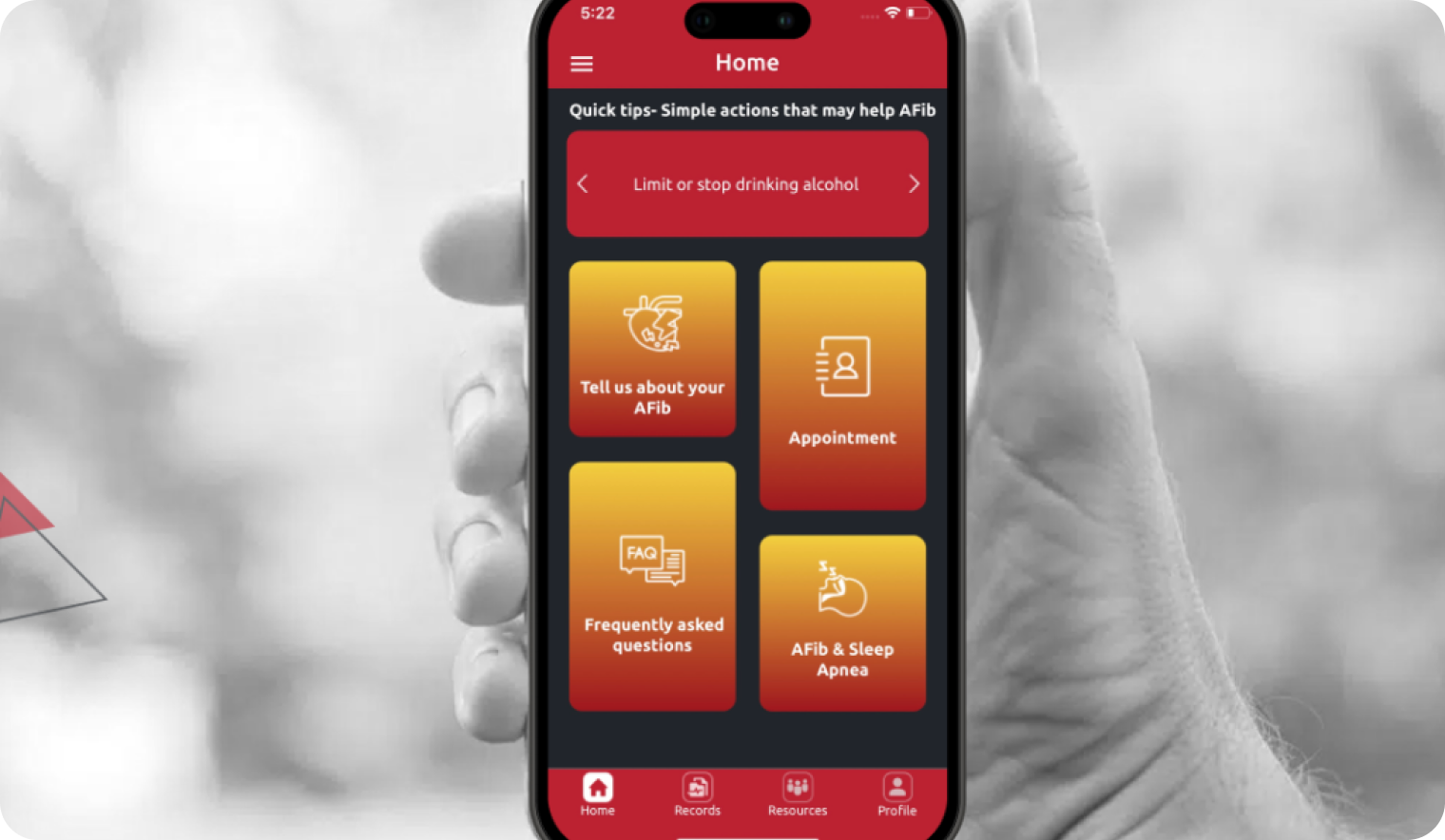
We are thrilled to announce the official launch of

Does Turmeric Help Atrial Fibrillation? Turmeric is a perennial
Discover inspiring journeys of recovery and triumph over health challenges. Our success stories highlight the resilience and determination of our patients. Read on to find hope and motivation for your own path to wellness.
"As a whole, patients' pre-procedure scores improve by over 30 points after an ablation with the Fix AFib Clinic."
"Two weeks after my heart surgery, I am back to work, directing my son in the garden, and feeling better than I have in nearly three years! Thank you."
"I would like to sincerely thank Dr. Laws for saving my life. The appreciation that I have for you is immeasurable."
"To Dr. Laws and the whole team, with gratitude for your care and kindness."
"Survey results show Fix AFib patients have a 'significant, meaningful difference in their quality of life' after an ablation procedure."
Tell us your concerns, or review your wearable rhythm strip results with one of our specialists